FORECASTING
Dr Jennifer L. Castle is a Tutorial Fellow in Economics at Magdalen College, Oxford University, and a Research Fellow at the Institute for New Economic Thinking at the Oxford Martin School. She previously held a British Academy Postdoctoral Research Fellowship at Nuffield College, Oxford. She is a former director of the International Institute of Forecasters, and has contributed to the field of forecasting from both theoretical and practical approaches, publishing in leading journals and contributing to the development of several software packages.
Michael P. Clements is Professor of Econometrics at the ICMA Centre, Henley Business School, University of Reading, and is an Associate Member of the Institute for New Economic Thinking at the Oxford Martin School, University of Oxford. He obtained a DPhil in Econometrics from Nuffield College, University of Oxford, before moving to Warwick University Economics Department as a Research Fellow, and moved to Reading in 2013. He is a Distinguished Author of the Journal of Applied Econometrics, an Honorary Fellow of the International Institute of Forecasters, and Series Editor of the Palgrave Texts in Econometrics and Palgrave Advanced Texts in Econometrics. He has over 70 articles in refereed academic journals, 4 books, 2 edited books, and 12 book chapters.
Sir David F. Hendry, Kt, is a Senior Research Fellow of Nuffield College, Oxford University, and co-director of the Program in Economic Modeling at the Institute for New Economic Thinking and of Climate Econometrics, both at the Oxford Martin School. He was previously Professor of Economics at Oxford University and Professor of Econometrics, London School of Economics. He was knighted in 2009, and received a Lifetime Achievement Award from the Economic and Social Research Council in 2014. He is a Fellow of the British Academy, the Royal Society of Edinburgh, the Econometric Society, the Academy of Social Sciences, Econometric Reviews, and the Journal of Econometrics. Sir David is also an Honorary Vice-President and a past President of the Royal Economic Society, a Foreign Honorary Member of the American Economic Association and the American Academy of Arts and Sciences, as well as an Honorary Fellow of the International Institute of Forecasters. He has been awarded 8 Honorary Doctorates, is listed by the ISI as one of the worlds 200 most cited economists, is a Thomson Reuters Citation Laureate, and has received the Guy Medal in Bronze from the Royal Statistical Society. He has published more than 200 papers and 25 books on econometric methods, theory, modeling, and history; numerical techniques; econometric computing; empirical economics; and economic forecasting, for which he was awarded the Isaac Kerstenetzky Scholarly Achievement Award in 2012. His latest book, Introductory Macro-econometrics: A New Approach, Timberlake Consultants, 2015, focuses on the concepts, tools and techniques needed to model aggregate economic data, implementing automated general-to-specific model selection.

Copyright 2019 Jennifer L. Castle, Michael P. Clements and David F. Hendry
All rights reserved. This book may not be reproduced in whole or in part, in any form (beyond that copying permitted by Sections 107 and 108 of the U.S. Copyright Law and except by reviewers for the public press) without written permission from the publishers.
For information about this and other Yale University Press publications, please contact:
U.S. Office:
Europe Office:
This book has been composed in  using MikTex
using MikTex
Set in Times by David F. Hendry
Printed in Great Britain by CPI Group (UK) Ltd, Croydon, CR0 4YY
Library of Congress Control Number: 2019934600
ISBN 978-0-300-24466-3
A catalogue record for this book is available from the British Library.
10 9 8 7 6 5 4 3 2 1
Contents
Figures
Preface
Trying to predict the future is a mugs game. But we need to have some sort of idea of what the futures actually going to be like because we are going to have to live there, probably next week.
Douglas Adams, The Salmon of Doubt, Basingstoke: Macmillan, 2002.
The authors have spent about 80 person years between them researching the theory underlying forecasting, especially as it occurs in economics. When the third author was a Special Adviser to the House of Commons Select Committee on the Treasury and Civil Service Enquiry into Official Economic Forecasting in 1991, he noted the proliferation of forecasts and of post-mortems of their performance, but the almost complete absence of a general theory of forecasting relevant to the ever changing real world. Since then, we have sought to establish such a theory, and believe we have succeeded, yielding many insights into when forecasts were likely to go awry, as well as how to mitigate the most persistent mistakes.
All but a few of the resulting publications are at a technical and mathematical level that make their findings inaccessible to non-specialists. This is unfortunate, as a better understanding of the uncertainty surrounding forecasts, applicable to many disciplines, would be valuable in everyday life. One introduction is Understanding Economic Forecasts by Hendry and Neil Ericsson, MIT Press 2001. A more recent less technical explanation, despite its title, is All Change! The Implications of Non-stationarity for Empirical Modelling, Forecasting and Policy, by Hendry and Felix Pretis, Oxford Martin School Policy Paper, 2016: see http://www.oxfordmartin.ox.ac.uk/publications/view/2318.
This book is a new attempt to explain forecasting, drawing on the analogy of a poor motorist facing many trials and tribulations on her journey, first sketched in Forecasting Pitfalls, Bulletin of EU and US Inflation and Macroeconomic Analysis, 100th Issue, 2003, currently available online at https://e-revistas.uc3m.es/index.php/BIMA/article/view/2634. Most of her difficulties in accurately forecasting her arrival time have counterparts facing forecasters everywhere. We hope this homely setting of an everyday activity will clarify the general issues and concepts of this important topic. Any mathematics relating textual explanations to equations of the form used in forecasting occur in boxed material, so can be skipped by those not wishing to explore such links.
Acknowledgments
Financial support from the Robertson Foundation and the Institute for New Economic Thinking is gratefully acknowledged.
We are indebted to Neil R. Ericsson, Vivien L. Hendry, Andrew B. Martinez, John N.J. Muellbauer, Bent Nielsen, Dilek nkal, Felix Pretis, J. James Reade and Angela Wenham as well as two anonymous referees for helpful comments on earlier drafts.
We thank Paul Lowe and Lena Boneva at the Bank of England for granting us permission to use material and the data from the paper Evaluating UK point and density forecasts from an estimated DSGE model: the role of off-model information over the financial crisis, by Nicholas Fawcett, Lena Krber, Riccardo M. Masolo and Matt Waldron, Bank of England Staff Working Paper No. 538.
We are grateful to Taiba Batool of Yale University Press for suggesting this project to communicate at least some of the findings about economic forecasting that have been discovered over the last 25 years or so, and her encouragement to complete it.
We are also grateful to Nicholas Fawcett, Andrew B. Martinez and Felix Pretis for their kind permission to use material from their various research publications.
The book was originally typeset with help from Jurgen Doornik and Bent Nielsen using MikTex, MacTeX and OxEdit. Except when otherwise stated, illustrations and numerical computations used
Next page
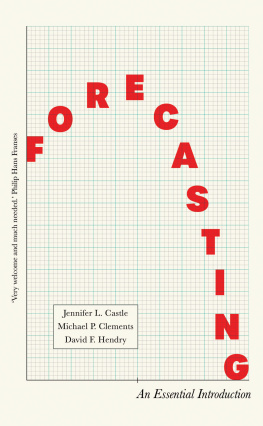
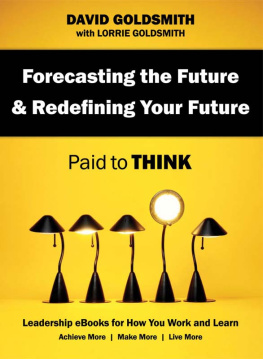
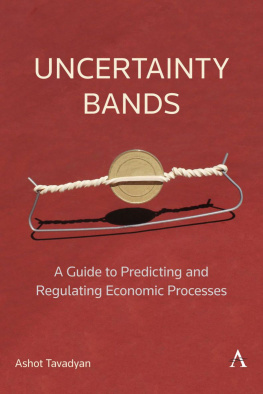
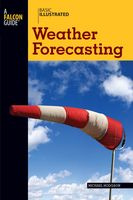
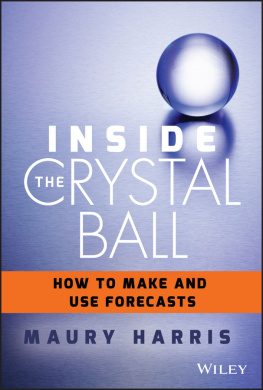
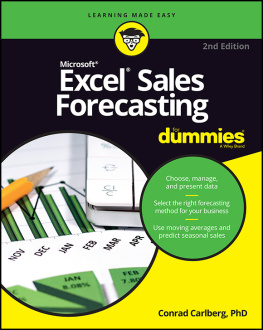
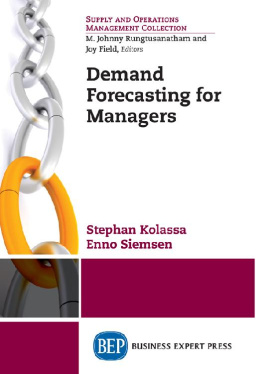
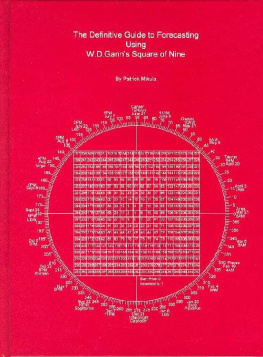
![Galit Shmueli - Practical Time Series Forecasting: A Hands-On Guide [2nd Edition]](/uploads/posts/book/82184/thumbs/galit-shmueli-practical-time-series-forecasting.jpg)
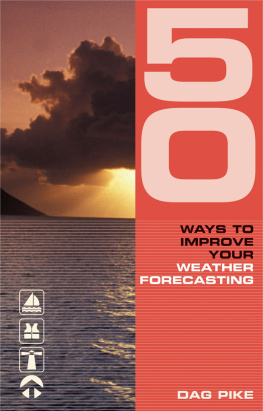

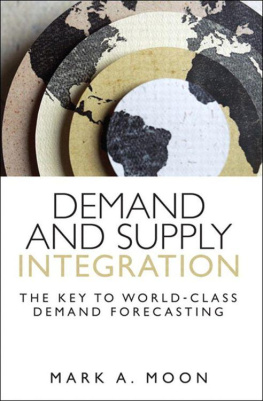

 using MikTex
using MikTex